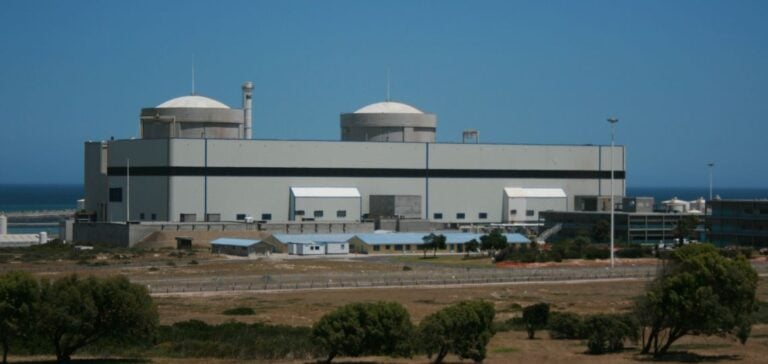C5 Capital, a global specialist investment firm, has announced a strategic partnership with Sibanye-Stillwater, an international mining and metals processing group. This collaboration aims to explore opportunities in the development of advanced nuclear energy projects, particularly in South Africa, the United States, and other international markets.
Sibanye-Stillwater has recognized expertise in recycling precious metals and managing uranium resources. In South Africa, the group holds nearly 60 million pounds of uranium in its mineral resources, distributed between surface tailings at the Cooke Project and the underground Beatrix mine (Beisa section). These strategic resources play a critical role in powering Small Modular Reactors (SMRs), an emerging technology for clean nuclear energy development.
A partnership to accelerate the energy transition
C5 Capital, a signatory of the Net Zero Nuclear Industry Pledge, has set a target to triple global nuclear capacity by 2050. This ambitious project aligns with commitments made at the COP29 Conference in Baku, Azerbaijan, where 31 countries pledged their support for this initiative.
Neal Froneman, CEO of Sibanye-Stillwater, stated: “We are excited to collaborate with C5 Capital to explore promising opportunities in the uranium and clean energy sectors.” The alliance builds on the complementary expertise of the two companies, with Sibanye-Stillwater contributing its production capacities and C5 Capital its innovative investments.
Global perspectives for uranium and SMRs
The partners aim to identify, acquire, finance, and manage projects related to uranium and the infrastructure required for the SMR fuel cycle. These reactors, known for their modularity and low environmental footprint, are poised to play a central role in the energy transition.
Andre Pienaar, founder of C5 Capital, emphasized: “Combining C5’s innovative investments with Sibanye’s uranium production capabilities creates a transformative partnership for clean energy, both in South Africa and globally.”
This partnership reflects a growing trend of international collaborations to achieve carbon neutrality goals. With support from governments and investors, these initiatives could significantly enhance the role of nuclear energy in the future energy mix.






















